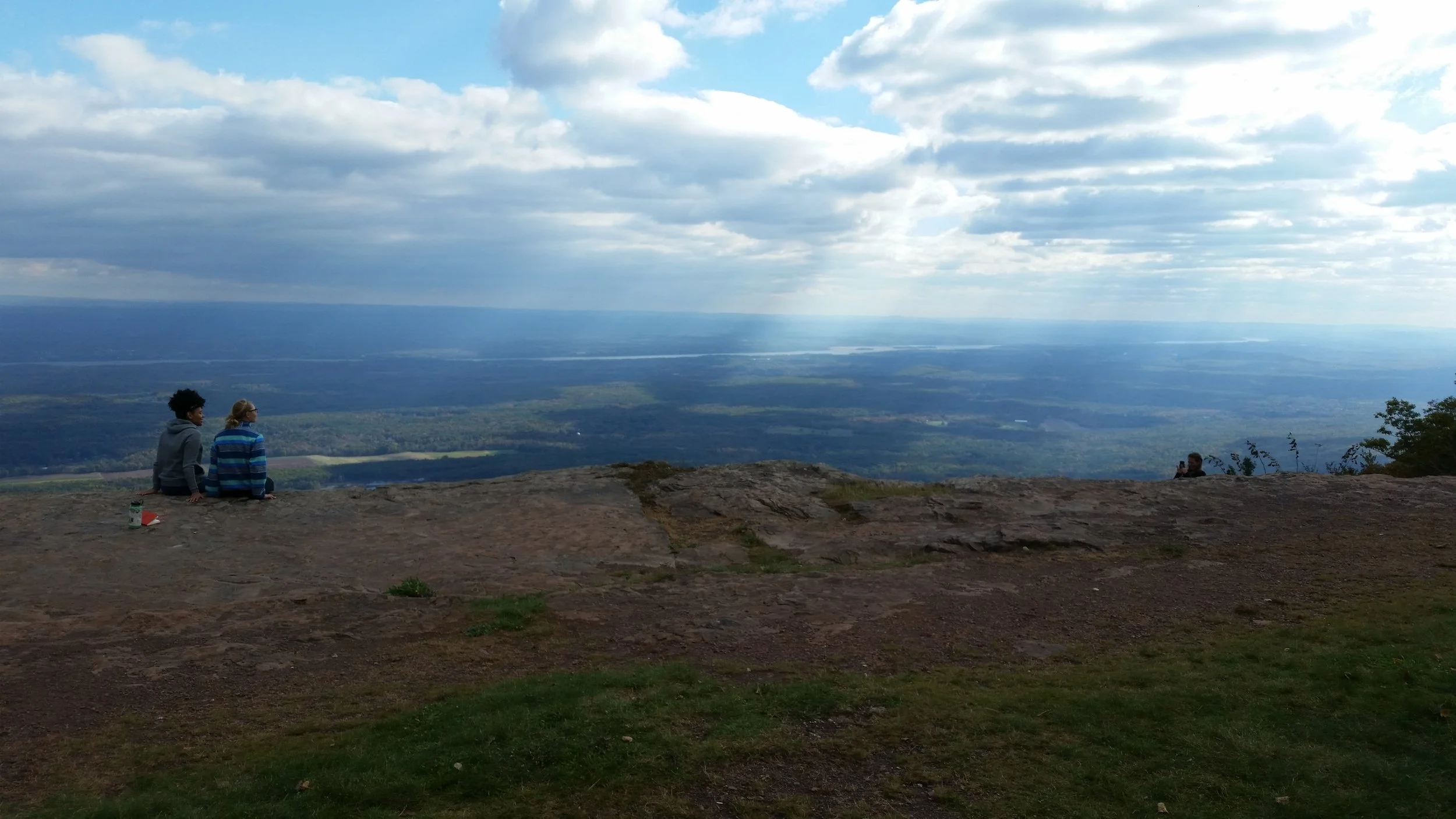Courses Taught
ERTH 2210 Field Methods
Credit hours: 4
ERTH/ENVE 4560/6560 Isotope Geochemistry
Credit hours: 4
ERTH 2610 Oceanography
Credit hours: 4
ERTH 6250 Mechanisms of Mass Extinction
Credit hours: 4
ERTH 6240 Evolution of Earth’s Atmosphere
Credit hours: 4
ERTH 4960 The Global Carbon Cycle
Credit hours: 4
Principles and methods of field work in geological and environmental sciences, including geologic mapping of formations across spatial scales, basic orienteering, glacial geology, modern lake characterization, climate reconstruction using tree and sediment cores, drainage basin analysis, well-logging and water-well sampling, and basic pedology. Students are trained in the use of instruments to address selected field problems. Numerous all-day field trips every Wednesday throughout the semester (occasionally on weekends) required. Course culminates with an independent research project. This is a communication-intensive course.
Fundamentals of isotope geochemistry as applied to biogeochemical systems in modern and ancient environments. This course covers the principles of both radiogenic and stable isotope distribution, decay, and transfer through Earth’s exchangeable reservoirs. This course will emphasize stable isotopes, equilibrium and kinetic isotope fractionation, distribution, isotope mass balance, and using these systems to track global biogeochemical cycles in the modern environment and in deep time. Students get real, hands-on experience in a stable isotope facility where they are allowed to run the instruments as a requirement of the course.
Ocean basins and margins, the origin, distribution, chemistry, and history of sediments, physical and chemical properties of seawater, and global atmospheric and oceanic circulations and climatic interactions. The format will be introductory lectures on a topic, followed by group and individual work on specific problems. In spring 2025, students have had the unique opportunity to interview a shipboard oceanographer live from the classroom! Students see what it is like to live and work on a ship and think critically about and engage in active research.
This course will provide an in-depth and exploratory understanding of the causes for Mass Extinction events in Earth’s history, from 550 million years ago to the present day. The course will investigate the processes of mass extinction through geochemical, paleontological, and sedimentological data to track the triggers for and effects of mass extinctions on the co-evolution of the Earth system and biosphere in deep time. This course is designed to offer students an applied and interactive learning environment based on synthesis of the primary literature.
This course will provide an in-depth and exploratory understanding of atmospheric evolution throughout Earth’s history, beginning with the moon-forming event 4.54 billion years ago and continuing into the present. Students will learn about the geological, biological, and anthropogenic mechanisms that altered the atmosphere. This course is designed to offer students an applied and interactive learning environment.
In depth discussion of both ancient and modern carbon cycles. Carbon reservoirs, fluxes, and isotope records are used to explain observed carbon cycling and associated biogeochemical processes and environmental conditions on geologic time scales. This course evaluates geologic carbon cycle perturbations (e.g., extinction events) and explores their implications for modern climate change. Impacts of anthropogenic activities and feedback loops are also discussed.
